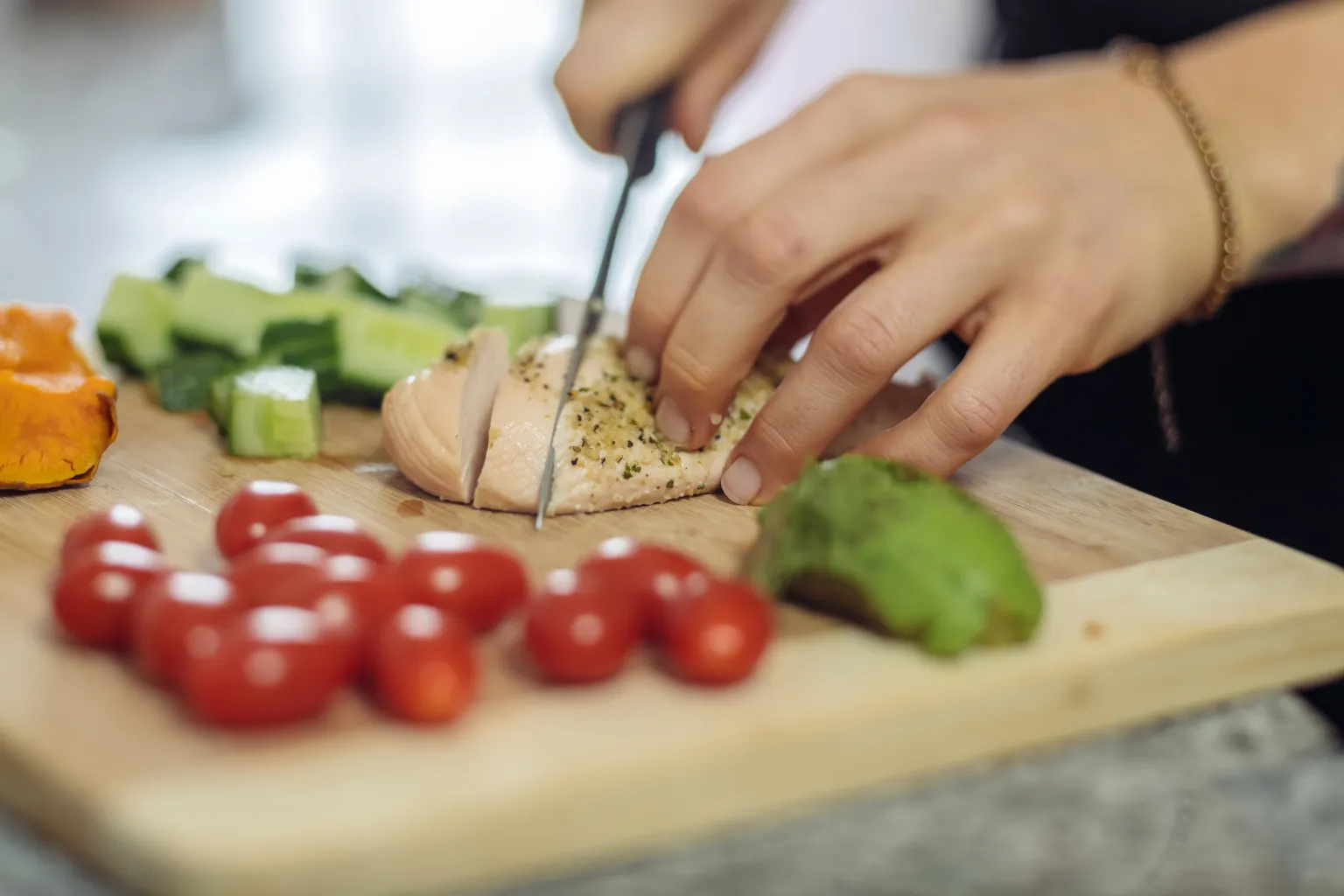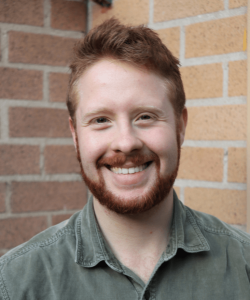
Good nutrition is essential for everyone – but for people living with HIV, it plays an important role. A balanced, nutrient-rich diet can help:
- Support your immune system
- Maintain a healthy weight and muscle mass
- Improve energy levels and mood
- Aid in the absorption of HIV medication
- Reduce the risk of other chronic conditions.
At BGF, we believe that food is more than fuel – it’s the foundation for wellbeing. That’s why we offer our Eat Well, Live Well program to help people living with HIV build confidence in the kitchen, learn new skills and connect with others through food.
Top nutrition tips for living well with HIV
1. Prioritise whole foods
Focus on fresh vegetables, fruits, whole grains, lean proteins and healthy fats. These foods provide essential vitamins and minerals that support immune health and energy.
2. Stay hydrated
Water helps your body absorb nutrients and flush out toxins. Aim for six to eight glasses a day and limit sugary drinks and alcohol, which can interfere with medication and hydration.
3. Include lean protein
Protein helps maintain muscle mass, especially important if you’re managing weight changes or fatigue. Try chicken, fish, eggs, tofu, legumes or dairy.
4. Choose healthy fats
Omega-3 fatty acids (found in fish, flaxseeds and walnuts) can help reduce inflammation and support heart health – important for people living with HIV on long-term treatment.
5. Practice portion control
Being mindful of portion sizes can help you maintain a healthy weight and avoid overeating. Use smaller plates, check serving sizes on food labels and listen to your body’s hunger cues.
6. Watch your salt and sugar
Some HIV medications can increase the risk of heart-disease or diabetes. Reducing added salt and sugar can help manage blood pressure and blood sugar levels.
7. Eat regularly
Skipping meals can lead to fatigue and poor concentration. Try to eat small, balanced meals throughout the day to keep your energy steady.
8. Time your meals with medication
Some HIV medications are best taken with food to improve absorption or reduce side effects. Always follow your doctor’s advice and ask a dietitian if you’re unsure.
How BGF’s Eat Well, Live Well program can help
Our Eat Well, Live Well program is peer-facilitated and designed especially for people living with HIV and is delivered in partnership with Surry Hills Neighbourhood Centre. It includes:
- Cooking workshops with simple, nutritious recipes
- Nutrition education tailored to HIV-related health needs
- Peer connection through shared meals and group learning
- Support from qualified facilitators in a safe, inclusive space.
Whether you’re new to cooking or just want to feel more confident about your food choices, this program is a great way to build healthy habits and connect with others.
Learn more about Eat Well, Live Well and our other Health and Wellbeing programs here.
Living well starts with what you eat
Eating well is one of the most empowering things you can do to support your health. With the right knowledge, support and community, you can feel stronger, more energised and more in control of your wellbeing.




